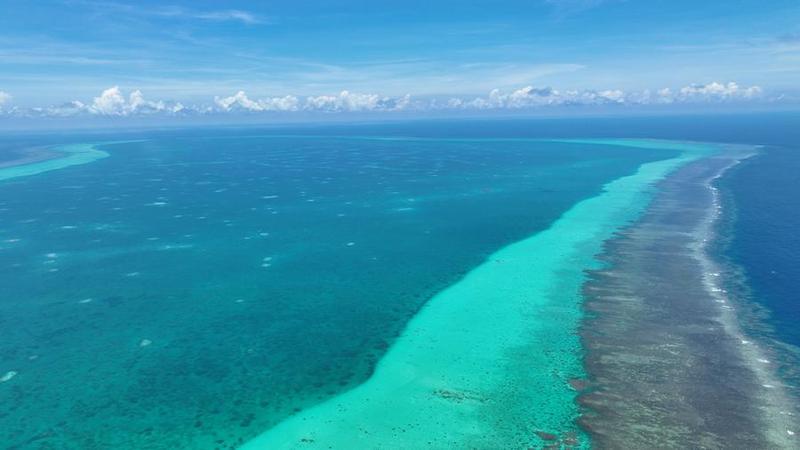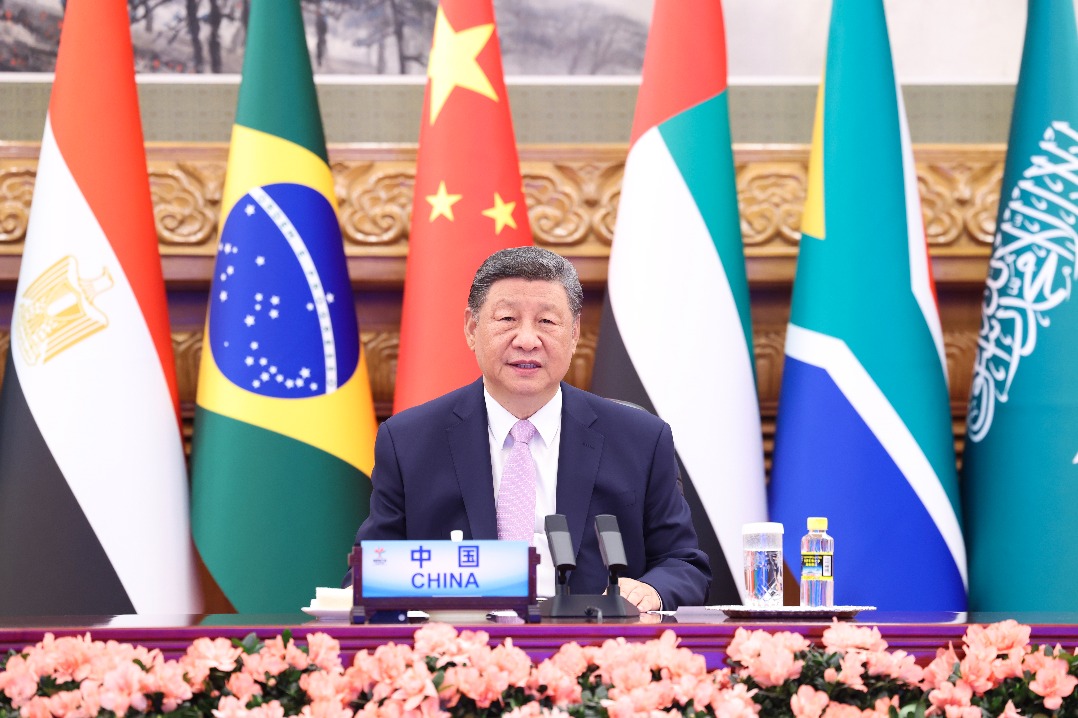Establishment of Huangyan Island nature reserve safeguards its marine environment: China Daily editorial


China's decision to establish a national nature reserve at Huangyan Island in the South China Sea represents a responsible step toward protecting one of the region's most delicate marine ecosystems near a busy waterway.
Approved by the State Council on Tuesday, the move sends a clear signal: ecological conservation cannot and will not be sacrificed to maritime disputes.
The move means there will be a more robust and effective system to protect the ecology of the area.
According to the Cabinet release published on Wednesday, the establishment of the Huangyan Island nature reserve is a crucial guarantee for maintaining the diversity, stability and sustainability of the natural ecosystem of the island and its surrounding waters.
Official reports have shown that the waters surrounding the island are currently of good environmental quality, and the coral reef ecosystem remains generally healthy.
Yet, this fragile balance is increasingly under threat.
In recent years, the Philippines has engaged in repeated provocations, sending government vessels to the waters near Huangyan Island, while turning a blind eye to rampant illegal fishing by its nationals. These reckless activities not only violate China's sovereignty, but also risk causing irreversible damage to the island's coral reefs, fish stocks and overall ecological environment.
Given the serious ecological and environmental degradation the Philippines has already caused around China's Ren'ai Reef, which is about 540 kilometers to the west of Huangyan Island, it might be only a matter of time before similar damage occurs in the waters around Huangyan Island if Manila's actions continue unchecked.
Beijing bears both the right and the duty to ensure that the island's marine environment remains healthy and resilient.
It has thus taken the prudent step of designating Huangyan Island and its surrounding waters as a nature reserve. This designation, which follows its initial ecological environment survey of the waters, will bring the entire area under strict regulations and supervision, with relevant departments tasked with rigorously implementing the rules governing reserves.
As the State Council instructed, these authorities must strengthen their organization and coordination, improve management institutions, and intensify supervision and law enforcement against all violations of the reserve's regulations.
According to a statement released by the National Forestry and Grassland Administration later the same day, Huangyan Island national nature reserve is located in Sansha, Hainan province. It covers an area of ??3,523.67 hectares, of which the core area is 1,242.55 hectares and the experimental area is 2,281.12 hectares. The main protected object is the coral reef ecosystem.
Huangyan Island is inherent Chinese territory that brooks no challenge. China's establishment of the national nature reserve is reasonable, legal, and in accordance with relevant international practices.
The establishment of the reserve represents a long-term investment in ecological sustainability.
The significance of this move extends beyond China and the Philippines. The establishment of the nature reserve underscores Beijing's broader commitment to environmental stewardship in the South China Sea.
By prioritizing ecological protection, China is shouldering its responsibility to ensure that marine biodiversity and resources are preserved for future generations.
Protecting the natural environment is a global responsibility, and China's latest initiative demonstrates its seriousness in fulfilling that duty.
By aligning environmental protection with responsible governance of its administered waters, China is helping to secure ecological stability in one of the world's busiest maritime areas, benefiting not only itself but also the broader region.

































